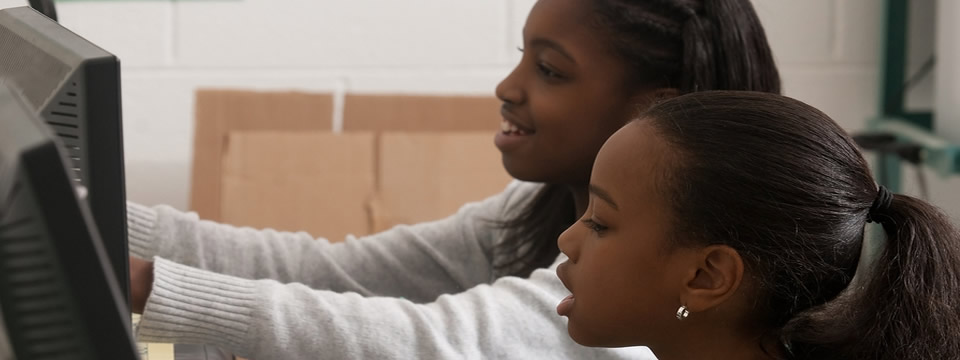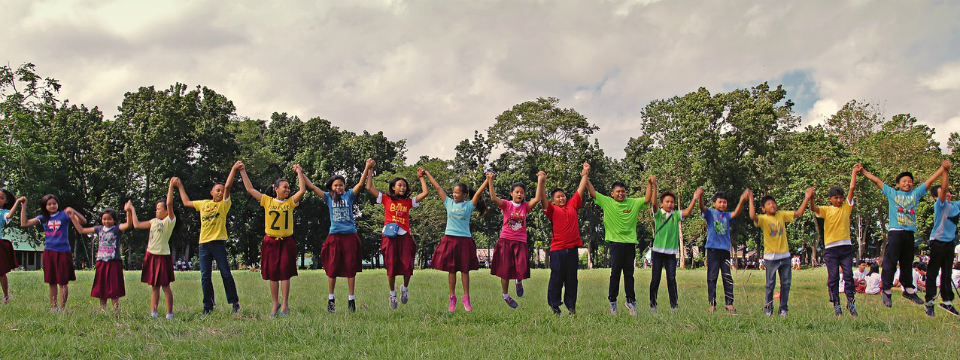Natural Mentors and Education: Complementary or Compensatory Resources?
Summarized by UMass Boston clinical psychology doctoral student Laura Yoviene, MA Erickson, L., McDonald, S., & Elder, G. (2013). Informal mentors and education: Complementary or compensatory resources? Sociology of Education, 82, 344-367. Problem: The majority of research on mentoring has focused on how it can influence the lives of disadvantaged youths; whereas very few studies […]











